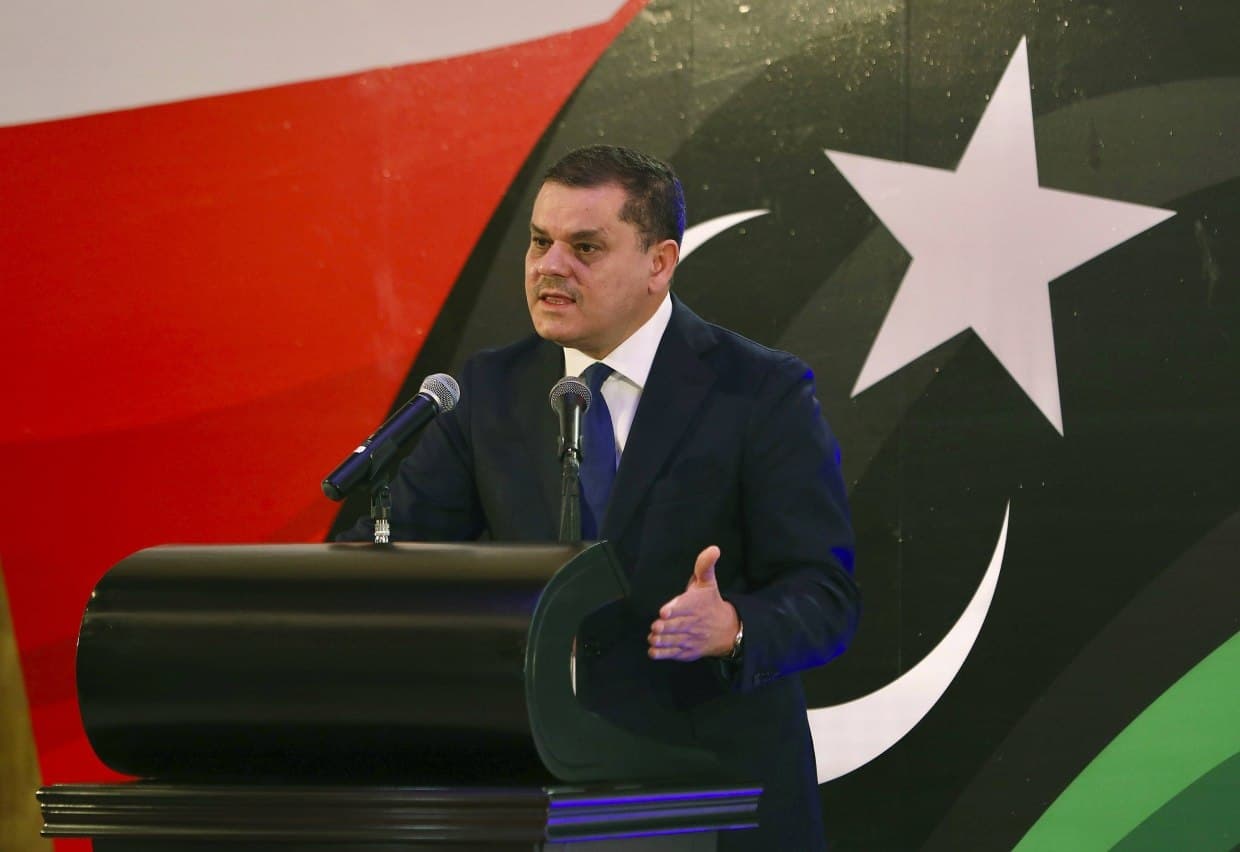In a significant political shift, 40 Libyan Members of Parliament have called for the resignation of Prime Minister Abdul Hamid Dbaiba, citing his role in exacerbating the country"s ongoing political fragmentation and instability. This demand was made public today, September 2, 2025, amidst a backdrop of increasing dissatisfaction with the current government.
The MPs argue that Dbaiba"s leadership has failed to unify the divided political landscape, contributing to a climate of uncertainty and unrest. Their statement underscores a growing sentiment among legislators that a change in leadership is essential for the nation to regain stability and progress toward elections.
Dbaiba has been in power since early 2021, following a UN-brokered agreement aimed at resolving years of conflict and division within Libya. However, despite initial hopes for a renewed political process, the situation has deteriorated, with various factions continuing to vie for power and influence.
The call for Dbaiba"s resignation raises questions about the future of Libya’s governance. It remains unclear how the Prime Minister will respond to this mounting pressure or what implications this demand will have for the country’s already fragile political system. As previously reported, similar situations in other regions have shown that such calls for leadership change can lead to either reform or further unrest.
For further context on political developments worldwide, recent developments in Australia illustrate how political organizations can rapidly gain traction, reflecting the dynamic nature of political landscapes globally.



![[Video] Gunfire between Iraqi security forces and Sadr militias in Baghdad](/_next/image?url=%2Fapi%2Fimage%2Fthumbnails%2Fthumbnail-1768343508874-4redb-thumbnail.jpg&w=3840&q=75)
